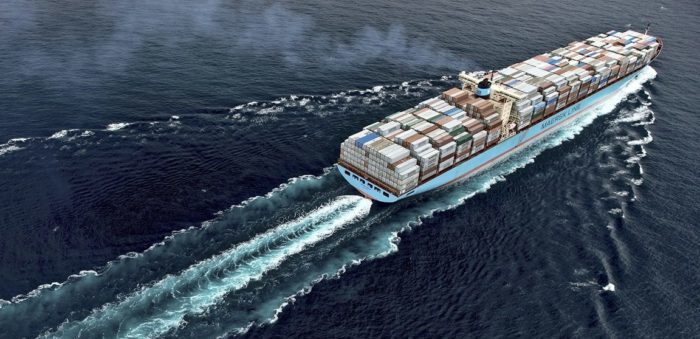Maersk filed a legal suit against Glencore, seeking to claim an approximate USD 6.1 million in total damages suffered by two vessels.
Namely, through a swap deal with Glencore, Maersk received approximately 24,000 barrels of RMK 700 grade marine fuel from the PetroAmerica Terminal (PATSA) tank facility at the Panama Canal on 8 February 2018.
A little later, the 4,664 TEU capacity containership Maersk Aras started burning the fuel on 15 February, suffering a complete engine failure on 17 February. The vessel had to divert to Manzanillo, Mexico, where it was necessary to take on an additional 1,100 bbls of replacement fuel in order to continue to trade. The vessel suffered damages totalling approximately USD 1.90 million.
In addition, the 9,578 TEU capacity containership Sofie Maersk began using the fuel on 1 March and experienced fuel pump issues on 2 March. It also faced main engine failure on 4 March while in the middle of the Pacific Ocean, and had to be towed as a dead ship to Honolulu, Hawaii for repair and provision of 2,100 mt of replacement fuel oil. Total damage suffered by the vessel was approximately USD 4.20 million.
These damages have made Maersk seek a total $6.1 million from Glencore due to alleged breach of contract, products liability in tort, and negligence, stated Maersk’s lawyers.
The legal team is aware of Glencore filing a declaratory judgment action at the New York Supreme Court during 2019; the aim was to seek a declaration that it is not liable to Maersk (either MOT Panama or Maersk Line A/S) under the contract, in tort or otherwise regarding the current legal case.
After the engine failures experienced on Maersk Aras and Sofie Maersk, Maersk sent bunker samples taken to VPS’ fuel testing laboratories in Houston, Singapore, and the United Kingdom for testing.
VPS tests confirmed the presence of several contaminants including plastic, fibres, black gum, paraffins, fatty acids, and other components present in the bunker fuel samples.































































